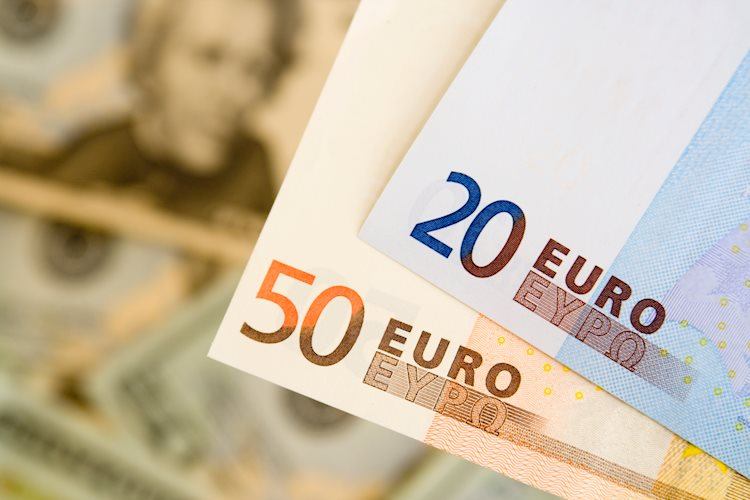From salads to stews, the humble onion is a key ingredient in nearly every Filipino dish. But now, the vegetable costs nearly three times as much as chicken in the Philippines.
Red and white onions were selling for up to 600 Philippine pesos ($11) per kilogram (2.2 pounds) on Monday, compared with 220 pesos ($4) per kilogram for chicken, according to the Department of Agriculture of the country.
Even beef brisket is 30% cheaper than onions by weight, as the price of a kilo of garlic has risen more than the daily minimum wage.
Joey Salceda, an economist in residence in the Philippine House of Representatives, lamented on Sunday that the country now has the “most expensive domestic onion prices in the world,” as Filipinos flooded social media to complain about sky-high prices.
The price surge comes after a wave of super typhoons hit the Philippines last year, damaging tens of billions of pesos worth of crops. The Southeast Asian country has struggled with rising inflation in recent months, with consumer prices rising 8.1% in December to reach a 14-year high, according to the Statistics Authority of the Philippines.
The record prices have led to a series of official investigations, including by lawmakers and the country’s ombudsman.
Ombudsman Samuel Martires was quoted this week by CNN affiliate CNN Philippines as saying it was investigating the possibility of price gouging. The ombudsman has yet to respond to a CNN request for comment.
onion smuggling
Onions have become such a targeted commodity that they are being smuggled into the country.
Customs officials seized $310,000 worth of white onions hidden in a shipment of clothing in their latest bust on Dec. 23, according to the state-run Philippine News Agency. Two days earlier, US$364,000 worth of red onions from China found hidden in candy boxes was also seized by Customs.
Senator Sherwin “Win” Gatchalian called for the creation of a task force to combat smuggling.
“Smuggling negatively affects the economy not only in terms of lost revenue for the government because of uncollected tariffs and taxes. Smuggling also destroys market dynamics for local products,” he said in a statement on Tuesday. “We need strong enforcement of existing laws to effectively address this issue and protect local producers.”
Rex Estoperez, assistant secretary at the Department of Agriculture, told CNN on Tuesday that the government was trying to crack down on smugglers, but the problem persisted.
President Ferdinand Marcos Jr. said he hopes to find a way to sell the smuggled onions to “lessen the supply problems” the country faces.
Next imports
President Marcos, who is also secretary of agriculture, approved the import of 21,060 tons of onions this week, with arrival scheduled for January 27, according to CNN Philippines.
“One of the drivers of inflation in the country is rising onion prices, so we decided to recommend importing onions,” Estoperez told CNN, adding that Filipinos consume around 20,000 metric tons of the vegetable every month.
The imports were a “temporary solution”, he said, adding that there are no more plans to buy because the peak of the crop is in February, which could bring prices back down.
Nicholas Mapa, a senior economist at ING Bank based in the Philippines, said it was too little too late to import onions as prices had already skyrocketed.
“In the short term, we can only hope to mitigate price pressures by increasing supply through imports or local harvesting. We are getting a crop in the first quarter so hopefully this will help alleviate the situation,” he said, adding that the industry must improve storage to limit waste during typhoons.
Source: CNN Brasil
A journalist with over 7 years of experience in the news industry, currently working at World Stock Market as an author for the Entertainment section and also contributing to the Economics or finance section on a part-time basis. Has a passion for Entertainment and fashion topics, and has put in a lot of research and effort to provide accurate information to readers.






